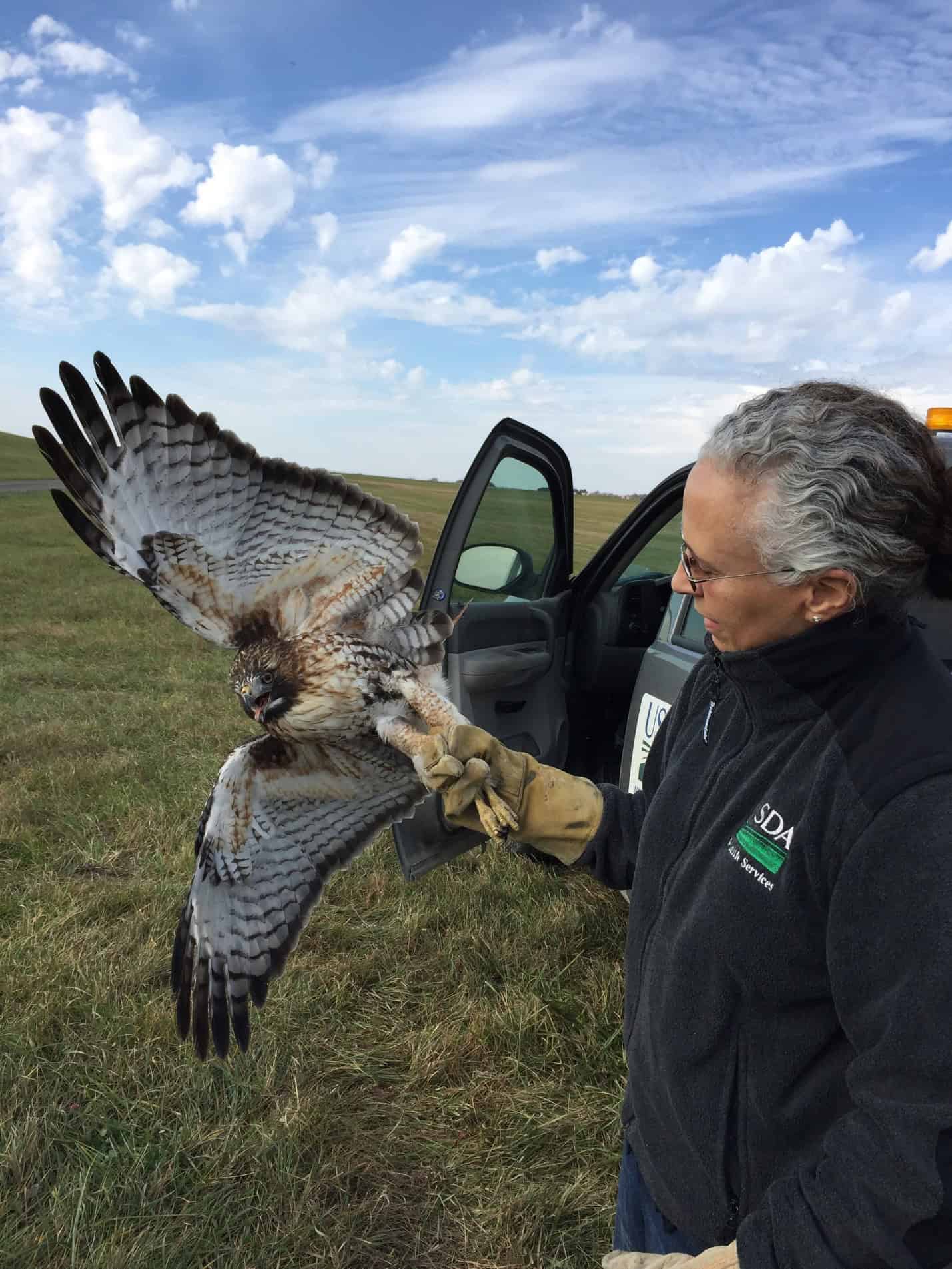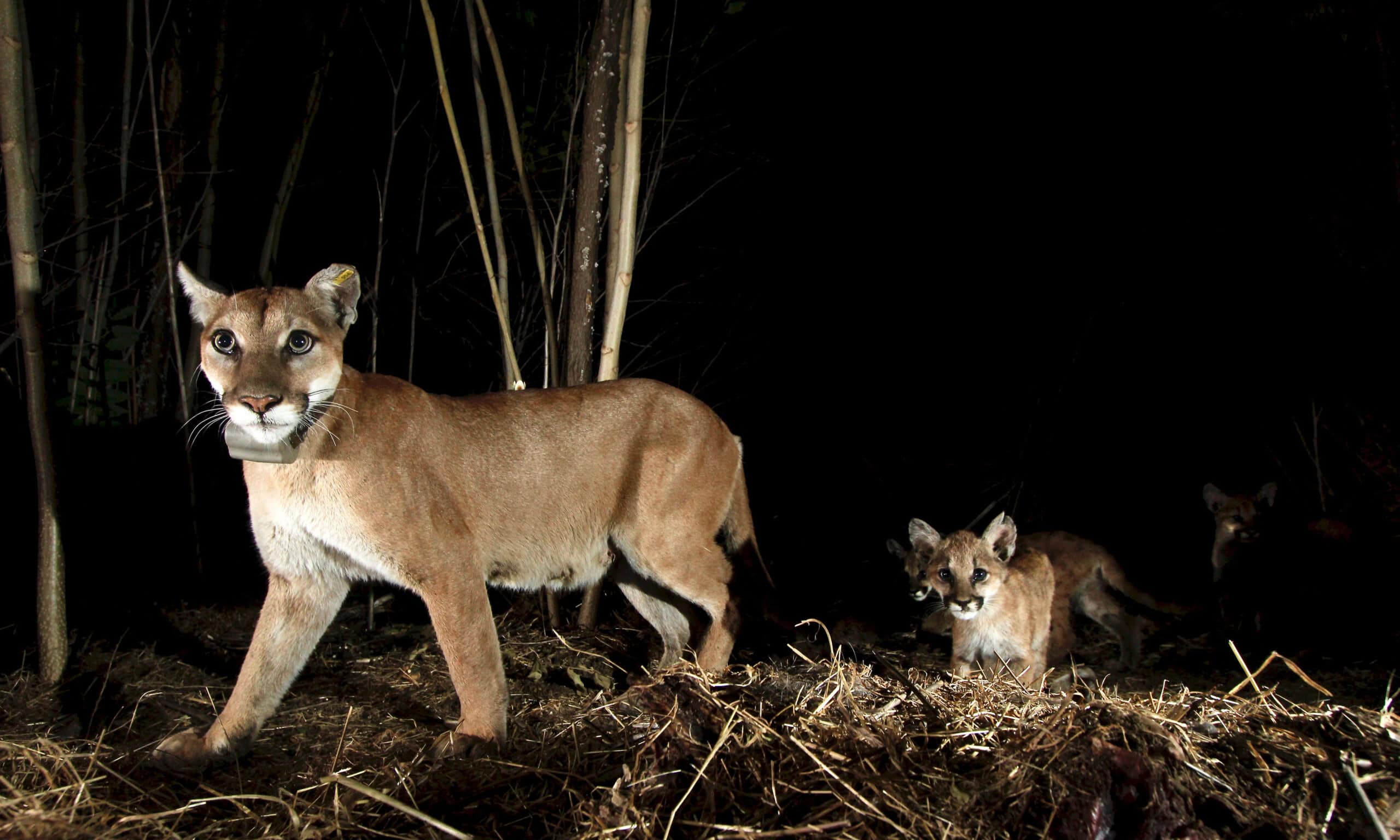Share this article
‘Minibus’ carries Interior-Environment bill through Congress
The House of Representatives has passed a so-called ‘minibus’ package (H.R. 6147) containing the Interior-Environment and Financial Services-General Government appropriations bills.
The White House released a statement expressing support for several measures in the minibus but pointed out that the bill was $38 billion over the budget request for fiscal year 2019. The Interior-EPA portion is $7.6 billion above the budget request.
The House bill, which passed July 18 on a 217-199 vote, would maintain fiscal year 2018 levels for the Interior-EPA bill at $35.3 billion, but it would change the allocations of those funds. The Interior Department would receive $13.1 billion, with $1.4 billion for the Bureau of Land Management and $3.25 billion for the National Park Service — increases of $55 million and $53 million respectively. The U.S. Fish and Wildlife Service budget would be cut by about $11 million to $1.6 billion. The Land and Water Conservation fund would receive $360 million, $65 million less than 2018 enacted levels but much more than the budget proposal, which would cut the program entirely. The U.S. Forest Service would be funded at $6.1 billion.
The final House bill contained several policy riders that would impact wildlife or management agencies if also supported by the Senate:
- An amendment from Rep. Darren Soto, D-Florida, would increase funding for the National Wildlife Refuge System by $500,000.
- An amendment from Rep. Rep. Jason Smith, R-Missouri, would bar payment of attorney’s fees for settlements under the Endangered Species Act, Clean Air Act and Clean Water Act.
- An amendment from Rep. Doug Lamborn, R-Colorado, would prevent enforcement of ESA listings unless a species has undergone a five-year review.
- Lamborn also offered a second amendment that would block the enforcement of the threatened listing of the Preble’s meadow jumping mouse (Zapus hudsonius preblei).
- An amendment from Rep. Steve Pearce, R-New Mexico, would prevent funds from being used for rulemaking on the lesser prairie-chicken (Tympanuchus pallidicinctus).
- An amendment from Rep. Ralph Abraham, R-Louisiana, would prevent federal agencies from prohibiting or limiting the use of genetically modified crops by commercial agriculture operations in National Wildlife Refuges.
Rep. Andy Biggs’ amendment to redirect money from the Bureau of Land Management’s land acquisition fund towards the National Park Service maintenance backlog did not make it into the final bill.
The Senate is still working on passing its own four-bill minibus (S. 3073) that contains the Interior-Environment, Agriculture, Financial Services-General Government and Transportation-Housing and Urban Development appropriations bills. In contrast to the House, the Senate has tried to limit the policy riders on the bill in order to ease passage. The Interior-Environment portion of the package would appropriate $35.9 billion, about $600 million more than the House version. It would maintain funding for the EPA at $8.1 billion but reduce the Interior Department budget by $200 million from FY18 levels to $13.1 billion. The Forest Service would receive $6.3 billion, about $200 million more than the House version.
There is hope that the spending bills will be passed by both chambers before the end of the fiscal year on Oct. 1, which would be the first time since 1997. However, conference discussions for the first minibus package (H.R. 5895) containing the Energy and Water, Legislative Branch and Military Construction and Veterans Affairs Appropriations bills have been delayed until September because of disagreements about how to pay for increases to veterans funding.
Header Image: Congress is working to pass 12 appropriations bills for 2019 before the new fiscal year starts on Oct. 1. ©cytis








